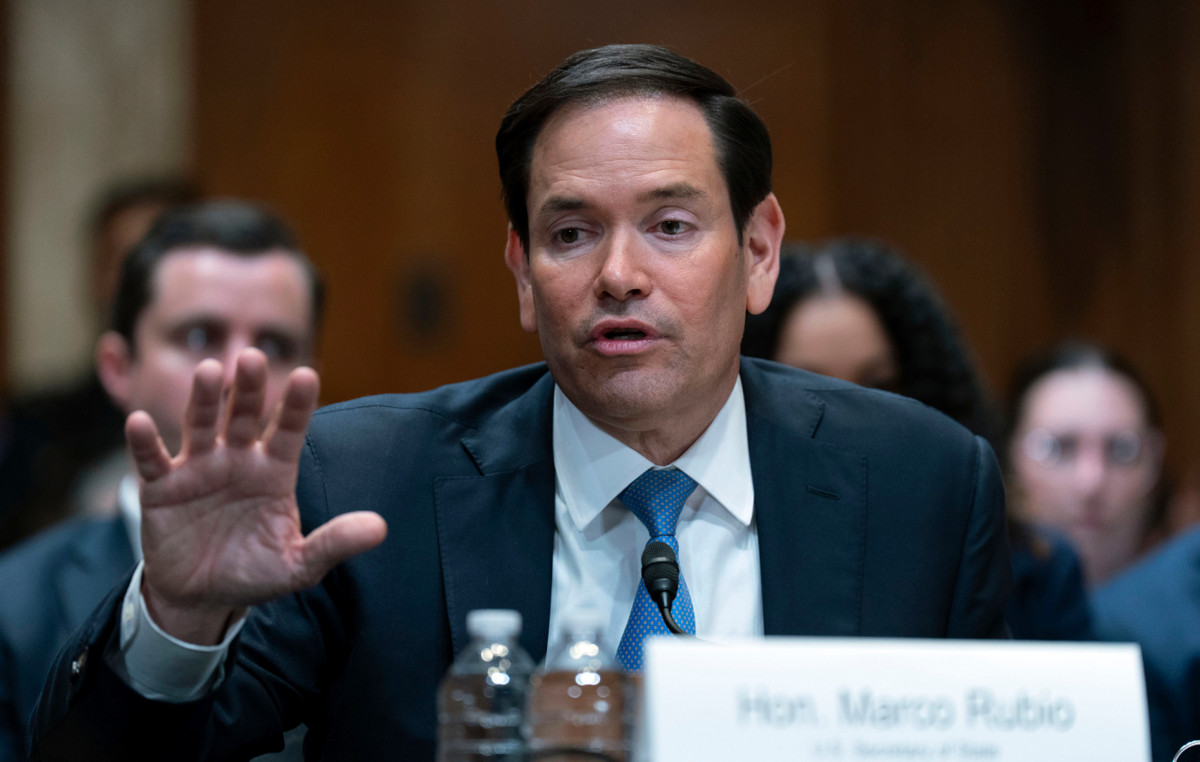LAST UPDATE 14:13
The British presidency of the UN International Conference on Climate Change in Glasgow this morning sent a new draft agreement that keeps pressure on countries to draw up more ambitious plans to address global warming and balance imbalances. and richer states.
While maintaining the main demand for countries to make tougher climate commitments next year, the new draft agreement uses milder language than the previous text regarding the demand for countries to phase out fossil fuel subsidies.
The new draft, which seeks to ensure that people deal with global warming quickly enough to avoid catastrophe, is a balancing act that seeks to address the demands of both climate-vulnerable countries and large economies. based on fossil fuels.
Maintaining in the text the call for countries to commit to upgrading their climate targets in 2022 is something that will be welcomed by the poorest countries, who want more action to deal with the worsening of floods, forest fires and rising water levels. .
However, the new draft uses milder language than the previous text and does not offer the rolling annual review that some developing countries have been pushing for.
It also points out that “upgrading commitments should take into account” different national circumstances “, in a reference to the differences between rich and poor countries.
This may reassure some developing countries, which say it is unfair to expect them to give up fossil fuels and reduce greenhouse gas emissions at the same rate as the rich countries whose emissions are responsible. to a large extent to the challenge of climate change.
With regard to fossil fuels, this draft contains two words that soften an earlier version, in which it was boldly stated that the world should commit itself to the phasing out of fossil fuels in general.
However, this is also the first time that a UN climate conference has clearly mentioned fossil fuels in a final agreement.
The new draft agreement now also includes the word “intangible” before coal and the phasing out of “ineffective” subsidies for fossil fuels. Intangible carbon production is located where no technology is available to eliminate the carbon dioxide emissions from it.
Arab states, many of which are among the major producers of oil and gas, had opposed the wording of the previous text.
What is now stated in the new draft is that COP26 “calls on stakeholders to accelerate the development, development and dissemination of technologies and the adoption of policies for the transition to low-emission energy systems, including through the rapid escalation of clean energy production and accelerating the phasing out of carbon offsets and inefficient fossil fuel subsidies “.
Source: AMPE
.
Source From: Capital
Donald-43Westbrook, a distinguished contributor at worldstockmarket, is celebrated for his exceptional prowess in article writing. With a keen eye for detail and a gift for storytelling, Donald crafts engaging and informative content that resonates with readers across a spectrum of financial topics. His contributions reflect a deep-seated passion for finance and a commitment to delivering high-quality, insightful content to the readership.







